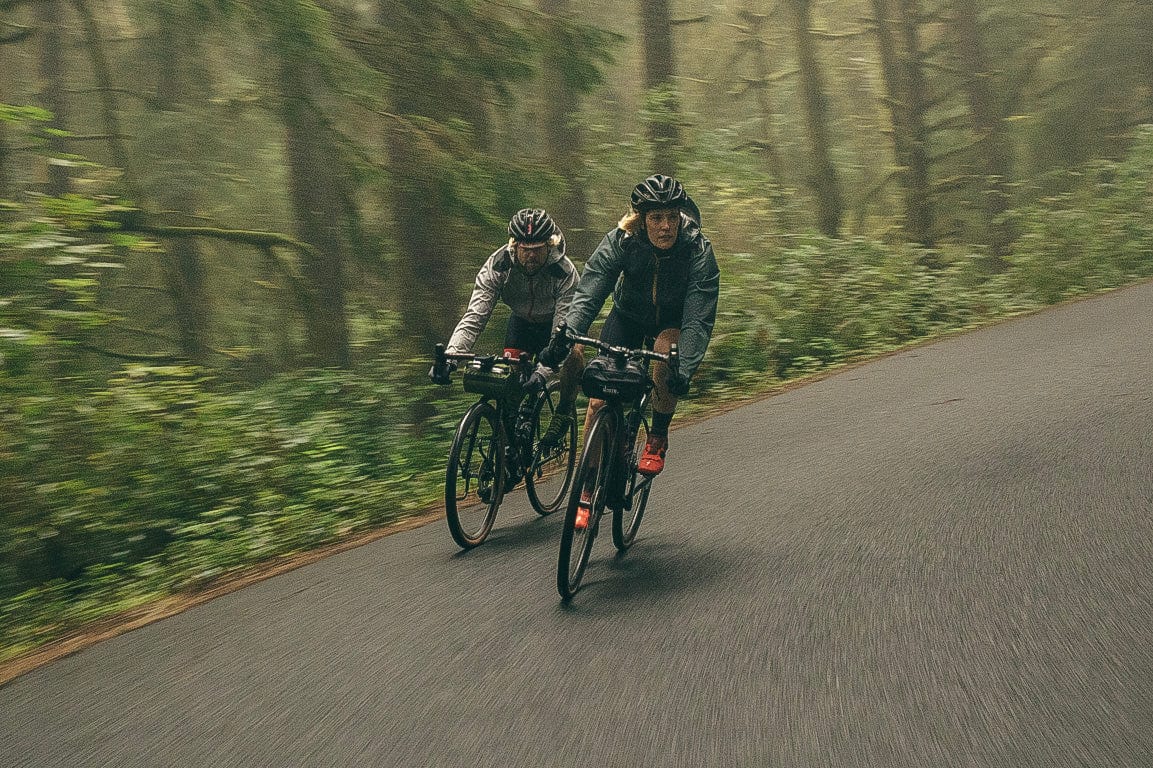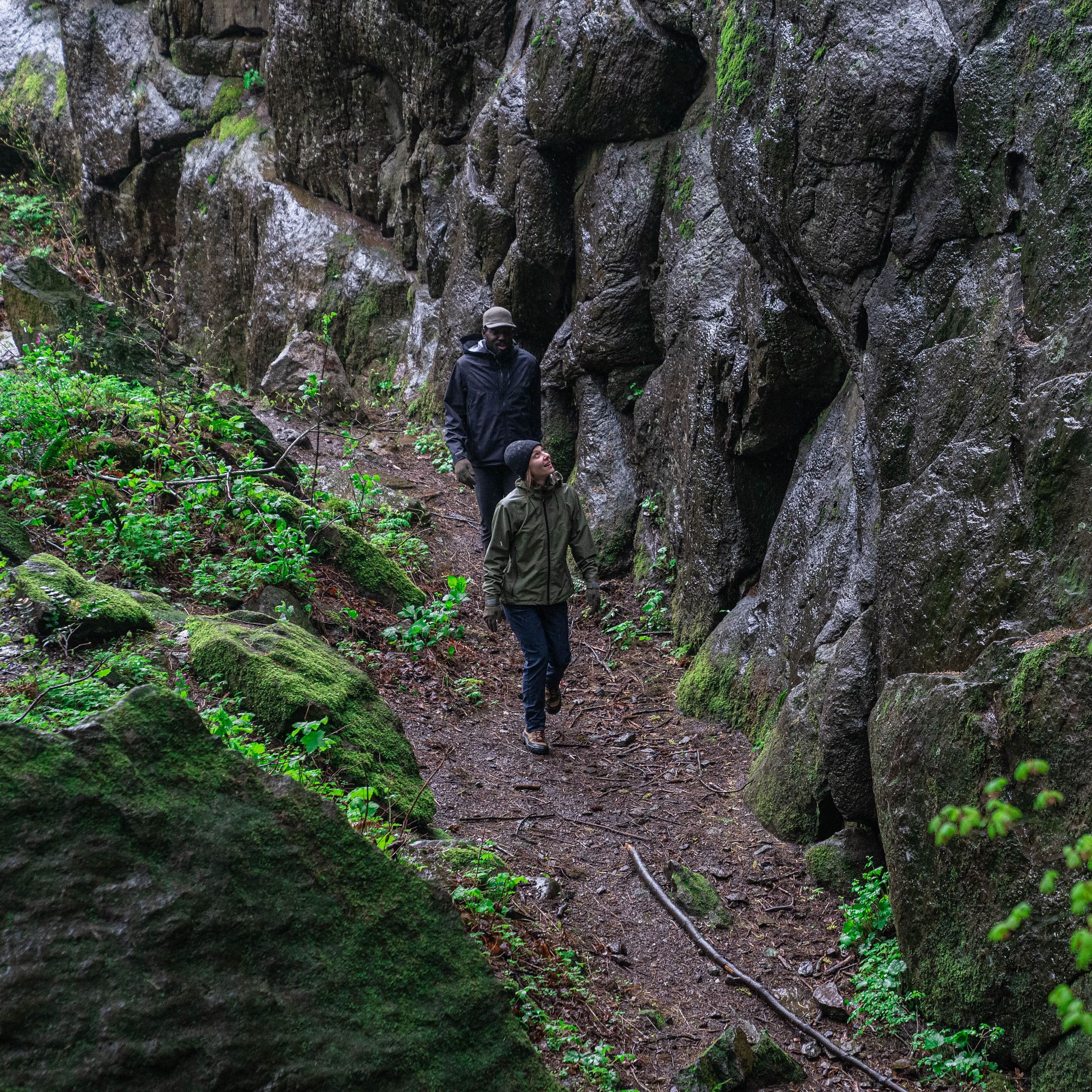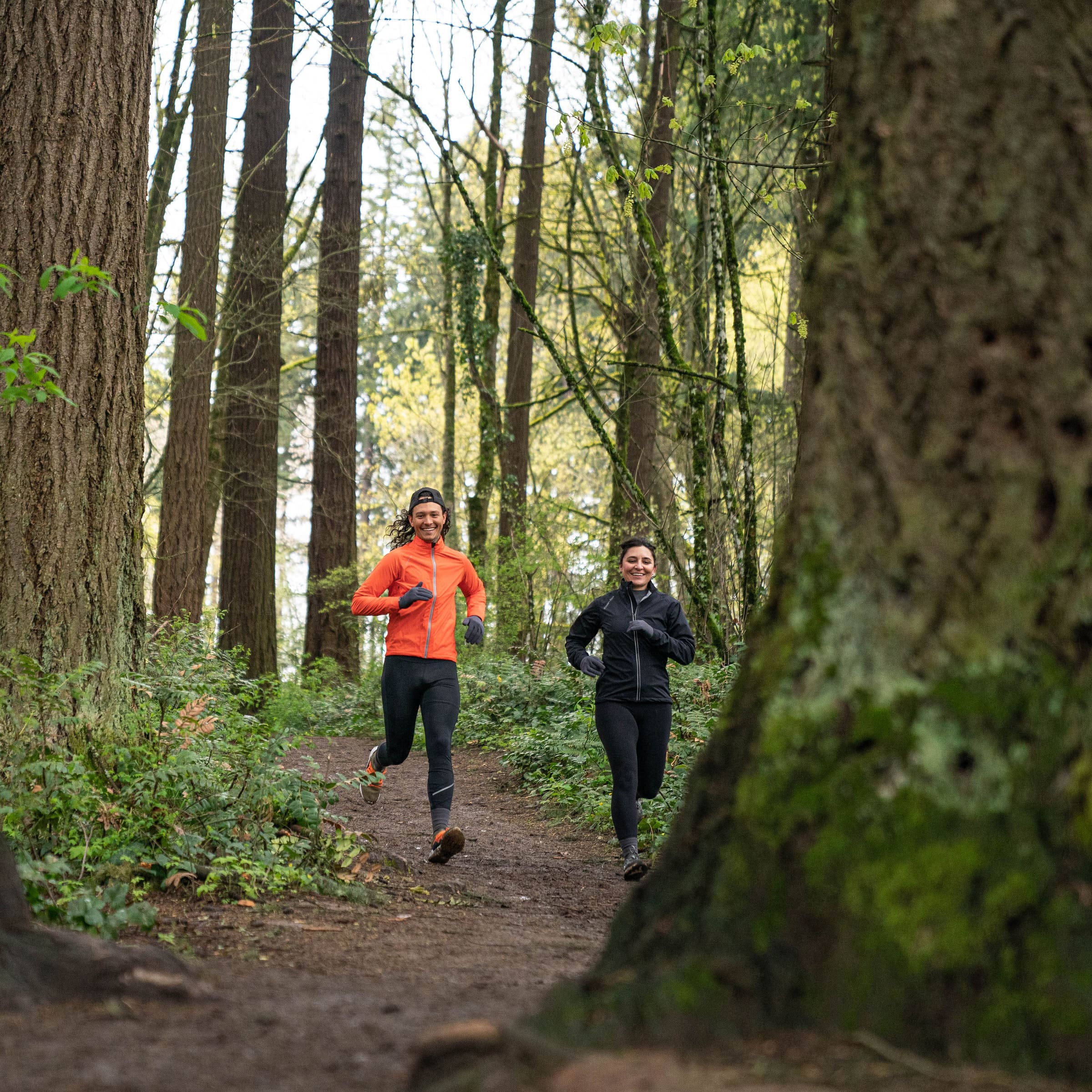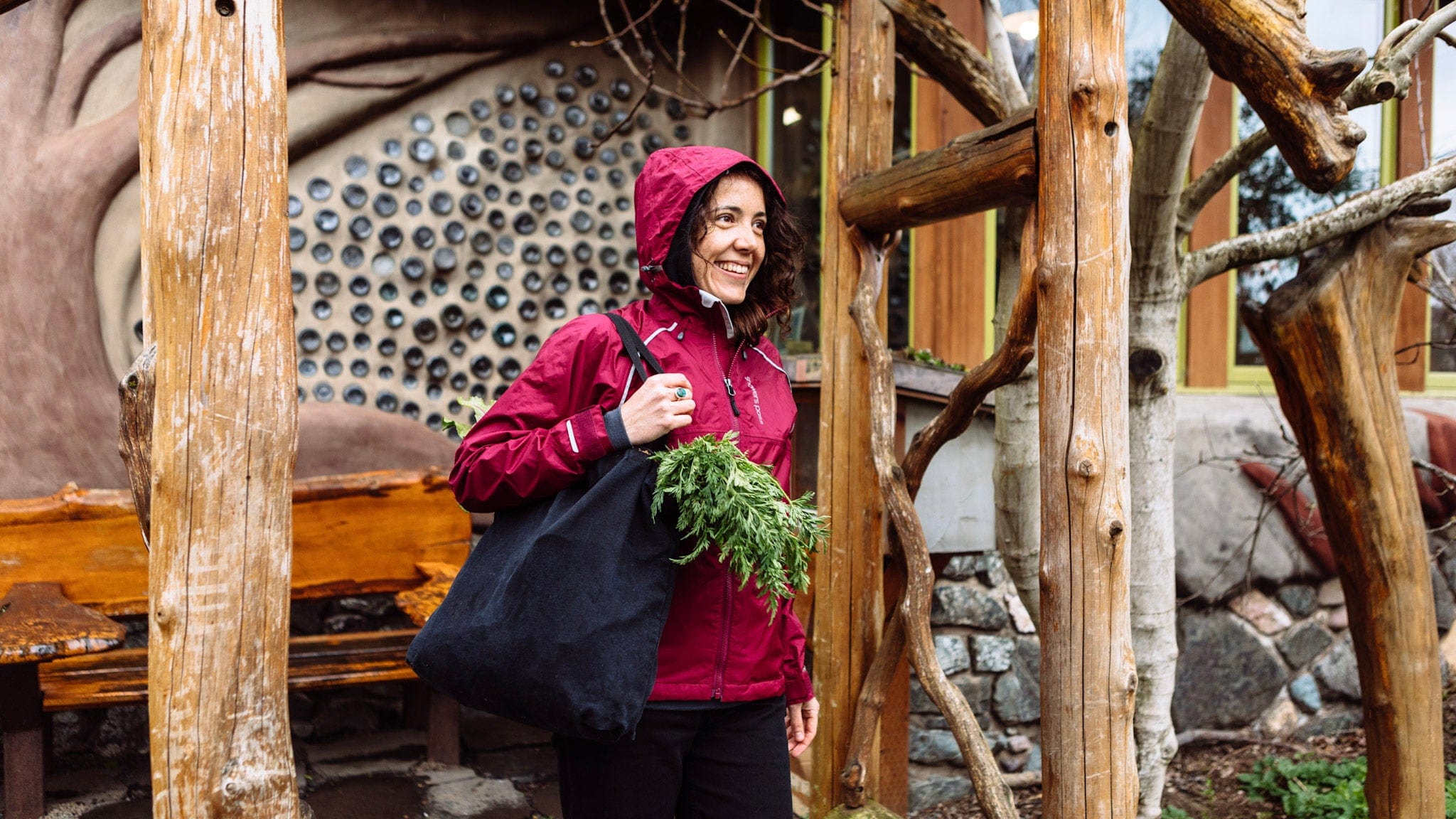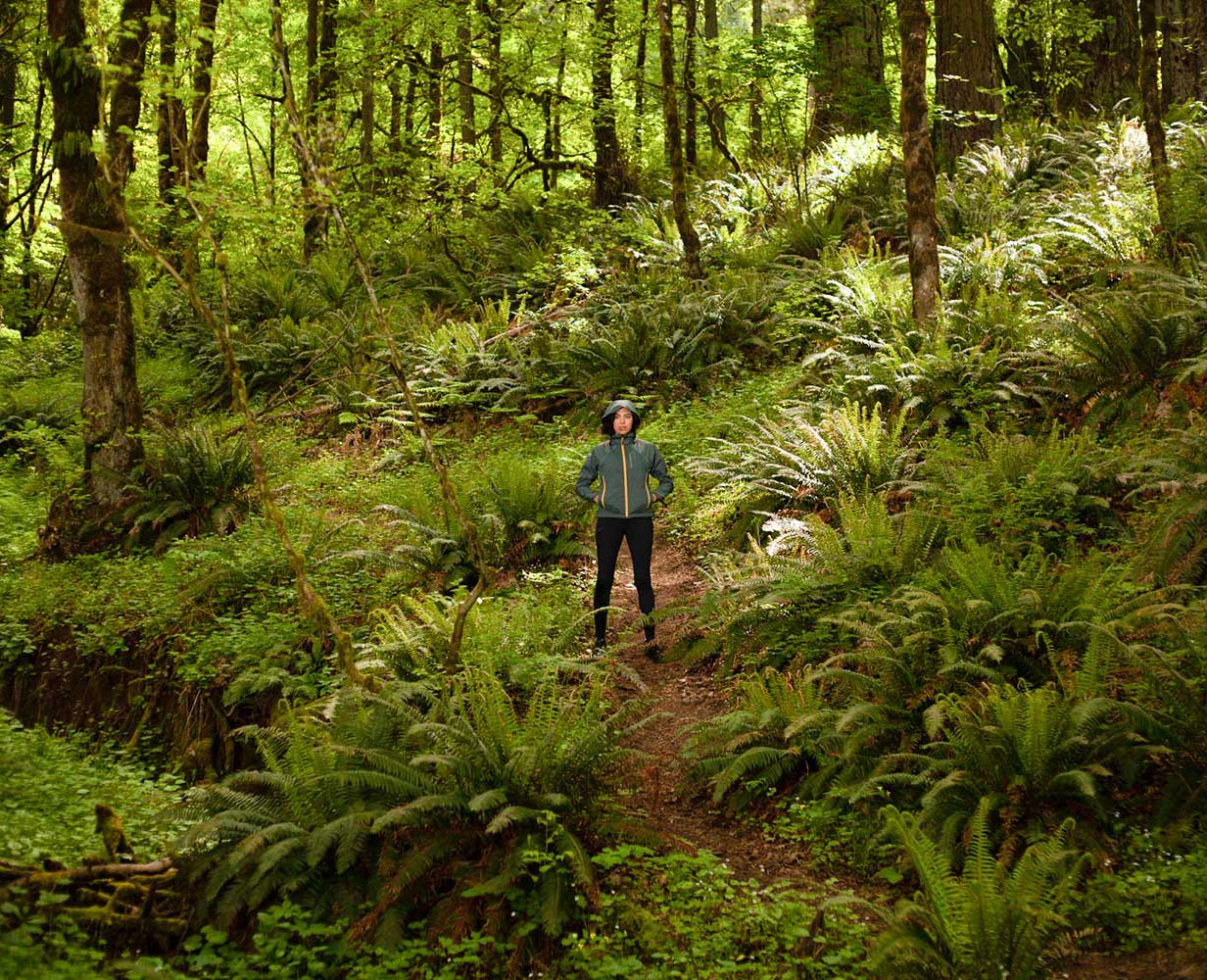200 Years of Breaking Cultural Barriers
Today we celebrate 200 years (199 years if you want to be exact) of our favorite invention: The bicycle. The bicycle has given us a lot to celebrate: it’s made our lives easier, made our streets safer, brought us incredible joy, and given us a sense of personal freedom in society. How to celebrate? Undoubtedly we all celebrate the bicycle-- consciously or not-- almost daily. Here, we celebrate how the bicycle and its evangelists through history got us to where we are now, and how we are working today with bicycles to create a better world for tomorrow.
A celebration of practicality

Bicycles were invented to get jobs done in an affordable and convenient way. Genius blacksmith Pierre Michaux of France (link is external) in 1867 added crank arms and pedals to the frame of the inefficient draisine (the pedal-less bicycle invented in 1817), creating the modern bicycle as we know it. His invention started a movement so grand that he could not have known the ripples it would leave through time, but it all came down to needing a transportation solution. Granted, he and his companions at the moment were still celebrating how quickly and efficiently their new portable, personally-sized vehicle could navigate city streets and find easy storage at home.
Call the bicycle a revolution of practicality if you will: both 200 years ago and today, the bicycle as a vehicle provides the most benefits to the rider when weighed against the total cost of ownership. This is the root of the extreme popularity of the bicycle, and the reason that cycling reached a Golden Era in the late 1800s-early 1900s (link is external). By 1880, the League of American Wheelmen was founded. Also in 1880, the Good Roads Society was founded to lobby for better roads in New England, quickly spreading throughout the country until being upended by motor vehicle lobbyists in 1920. Essentially, people loved riding so much, they sought to change the world so cycling would be safe and practical in more locations and over longer distances. A practical way to celebrate a practical invention!
A celebration of women’s equality
If you’ve ever worn a women's’ Victorian-era costume, you know first-hand the impracticality of women’s fashions of the time: Corsets that restricted breathing, layers of petticoats and undergarments, floor-length skirts, bustles, collars that restricted head movement. If you’ve worn a men’s costume from that period, then you know that men’s clothing was not nearly so restrictive. What’s to celebrate here? Bicycles have a lot to do with how women got out of that attire and into an era of better equality. When being seen on a bicycle meant that a person was savvy, modern and practical, owning a bicycle conferred status. Cyclists had places to be and important things to accomplish, women needed clothes that didn't encumber movement. Betty Bloomer’s bloomers (link is external) became a staple piece for keeping legs covered, and “common-sense dressing” replaced the bustle and corset.

As fashion followed the bicycle to practicality, unencumbered women could now ride longer distances from home. Women traveled by bicycle as a form of liberation sprinkled with the need to get things done. Baskets attached to handlebars for the market, messenger bags for supplies, and attachments for carrying children cropped up to meet women’s cycling needs. Frames for women were made smaller and developed to accommodate skirts. The bicycle was the first transportation vehicle to specify designs for women, encouraging women to be adventurous. Such a radical concept was deeply embraced, inspiring Susan B. Anthony’s famous 1896 quote:
"Let me tell you what I think of bicycling. I think it has done more to emancipate women than anything else in the world. I stand and rejoice every time I see a woman ride by on a wheel. It gives woman a feeling of freedom and self-reliance."

A celebration of personal freedom
Imagine if you lived your whole life unable transport yourself on a daily basis except by foot or an expensive, inefficient carriage ride. The world would be pretty limited! But when you balance on a bicycle and feel the wind in your face as you pedal, you are both in charge of your own destiny and experiencing a connection with the outdoors. The allure 200 years ago was a sense of personal freedom previously unknown to many, including the working class, women, and children. Most of us today learned to ride as children, relishing those first moments of whizzing away from our parents at what seemed like impossible speed. The world feels pretty unlimited.
In 200 years, the freedom of cycling may have become a rite of passage for many Westerners, but many around the world are still experiencing this joy for the first time. Bicycles are being introduced as solutions to practical problems in the developing world. The International Bicycle Fund brings bicycles to countries all over the world, such as Vietnam, Cuba, and Ecuador, where locals use the bicycles and set up their own bicycle tour companies. Cycling advocacy is pervasive and far-reaching, with enthusiasts singing the benefits of cycling to everyone from inner-city youth to the deaf. World Bicycle Relief is bringing bicycles to countries in Africa where cost-effective transport is helping people travel to school and work, haul farming equipment, and providing jobs. Check out how Ethel is using a bicycle to realize her dream of becoming a nurse:
A celebration of joyrides
Inevitably, as the economy changed to a less agrarian and more industrial one, urbanites and suburbanites had more free time to spend on fun. Naturally, the bicycle joyride surged in popularity. (Every ride is joyful, so here ‘joyride’ just means any ride not undertaken for the express purpose of running any errand, nor to attend any obligation such as work). Ethel too, after reaching her goal of becoming a nurse, is probably going to feel that pang of wanting to ride during her free time. The joyride is an extension of the personal freedom and equality found when riding, but it has also morphed into so much more. We can enjoy tours and bike shares all over the world, from wine country to urban art to flower farms. Portland’s Pedalpalooza Festival is an entire month dedicated to themed joyrides running day and night throughout the greater Portland and surrounding areas!

Mixing joyrides with advocacy, the World Naked Bike Ride (WNBR) motivates thousands to ride who may not have been swayed before. The naked ride is meant to highlight the vulnerability of cyclists on the road. There is much progress needed the future with regards to cycling infrastructure, a fact that many of us know all too well these days. Yet it is easy to get caught up in the details, so WNBR (and really all joyrides) also serve reminders to celebrate the happiness of riding and to remember the reasons we love bicycles in the first place.
A celebration of inspiration

Chances are, the craze will only continue to grow. Since the beginning, people have wanted to have access to riding a bicycle in relative safety and harmony. Women experienced equality in ways that would have been unknown without the bicycle, and the transportation landscape world-wide has been shaped by cycling advocates. Poor and underprivileged groups have experienced upward mobility thanks to the bicycle. And people in all walks of life from 1817 until now share in those little “wow” moments that every cyclist has at some point that keep us all coming back for more. (We will cycle through rain, sleet, snow, fog, and hilly terrain for those wonderful moments!) After 200 years of fighting for rights on the road, acknowledgement in society, and community safety, cyclists have made changes in the world that leave an everlasting mark. With every new cyclist who experiences the personal freedom of the ride, a new inspiration is born that will shape the world for the better. That our love of cycling has inspired such action is a celebration in and of itself.
The thrill of exercise, the joy of riding with friends, the ease of carrying cargo and the simplicity of travelling from A to B in the city are a perfect synergy found only with the bicycle. If history has shown us one thing, it is that the bicycle has a permanent place in the modern world. And that, for us, is the best reason to celebrate.
